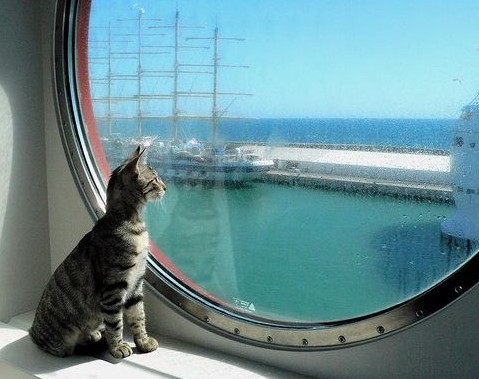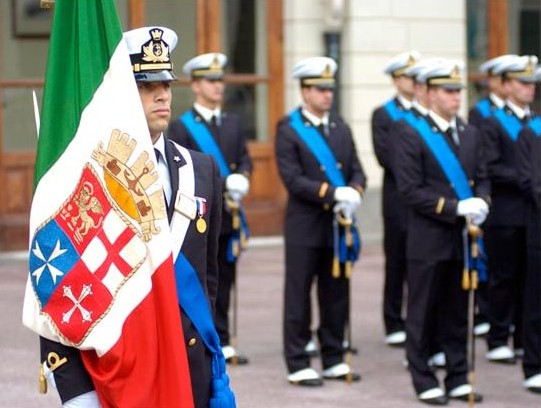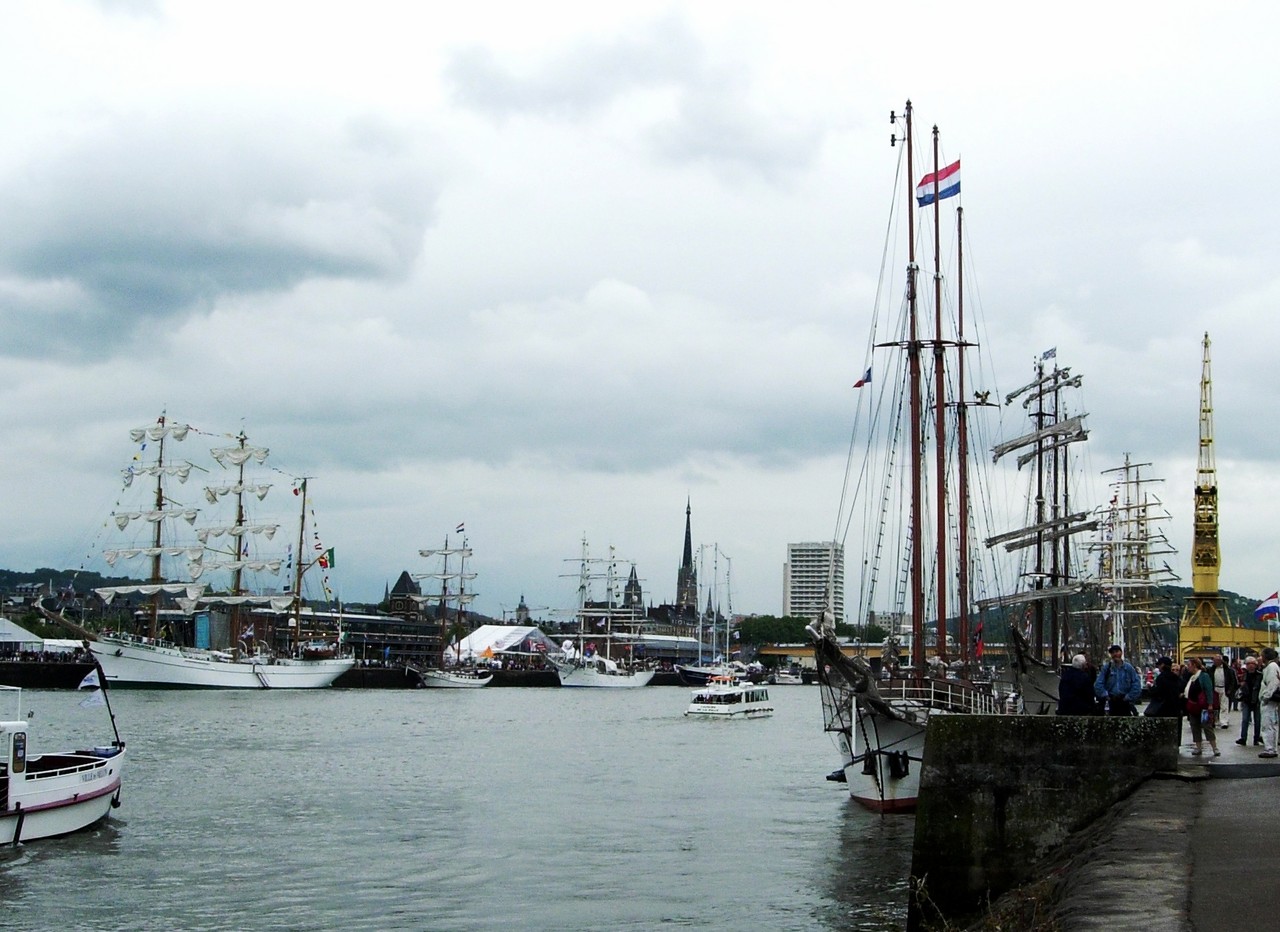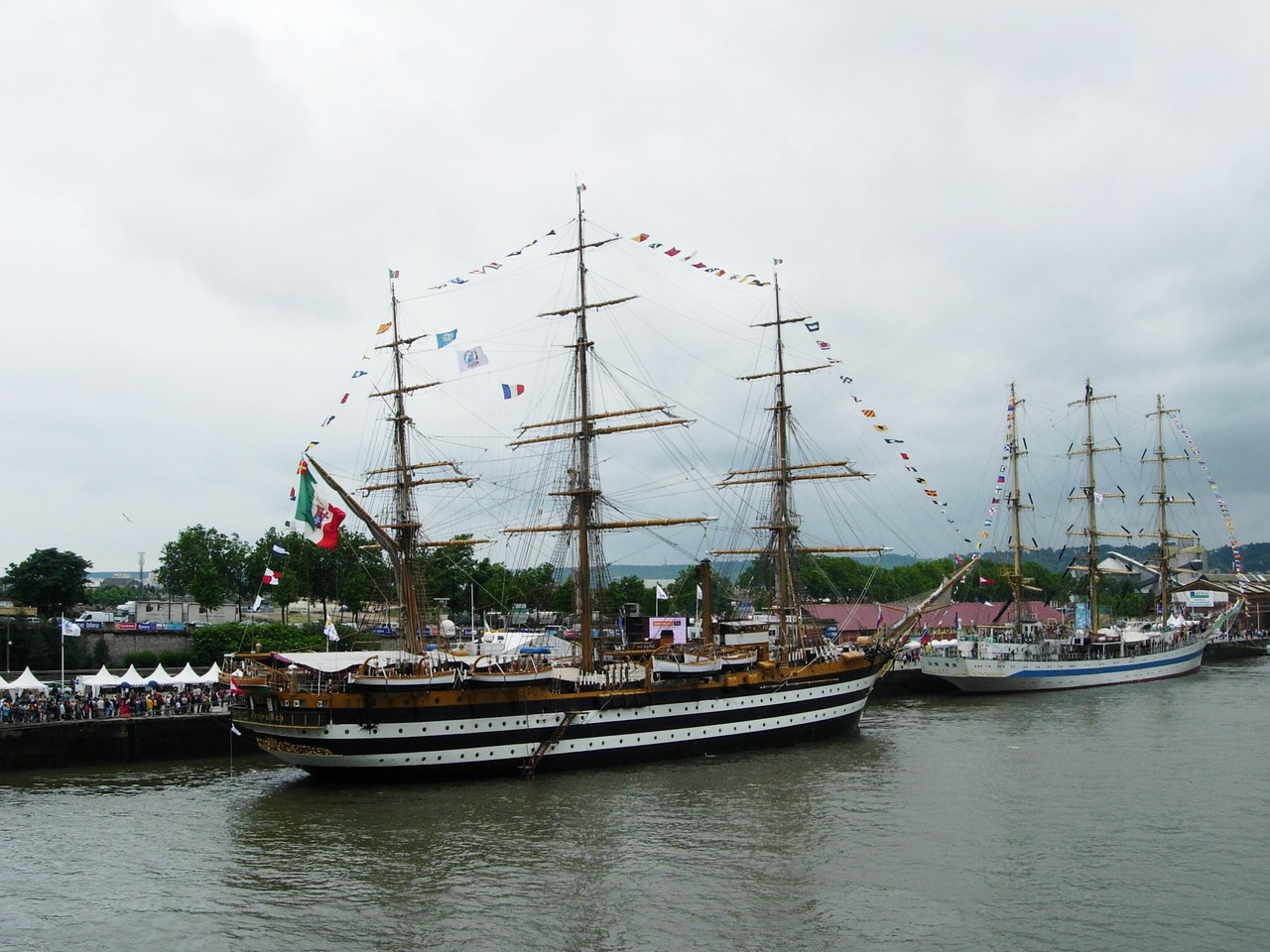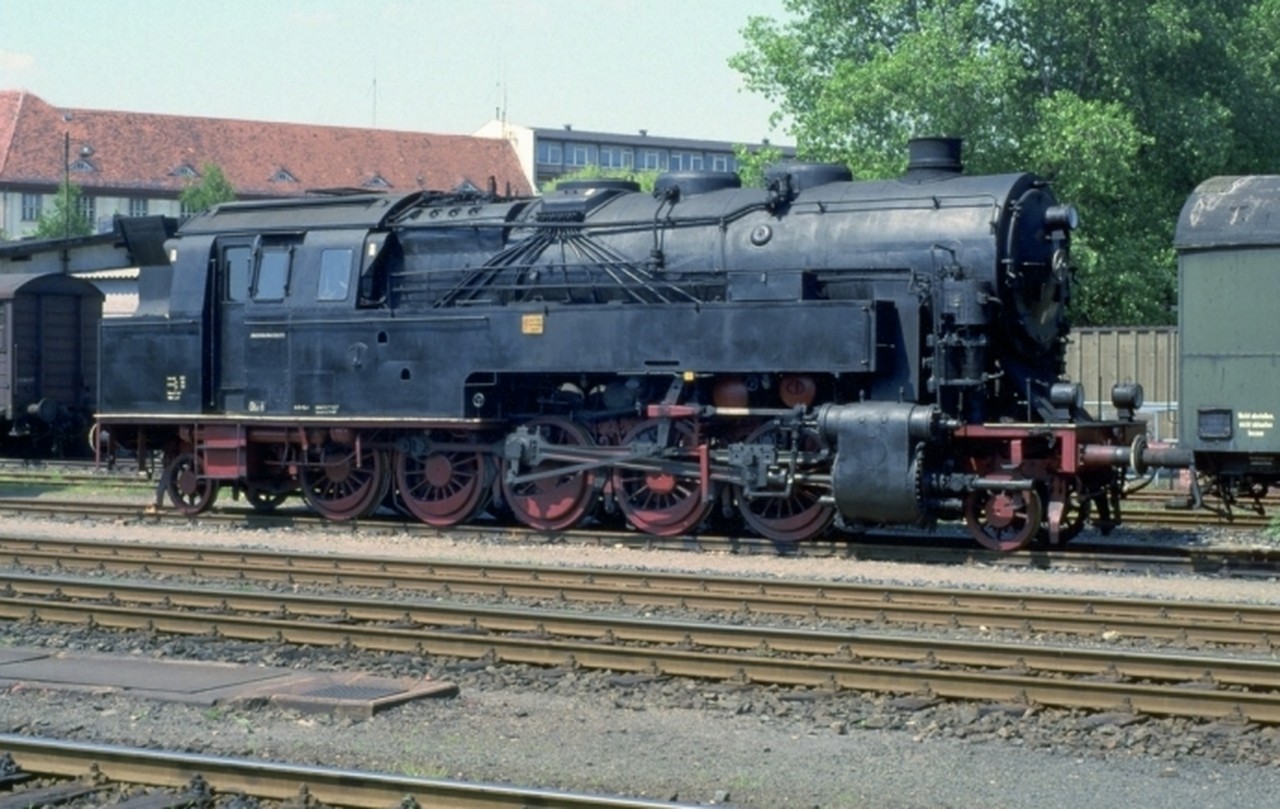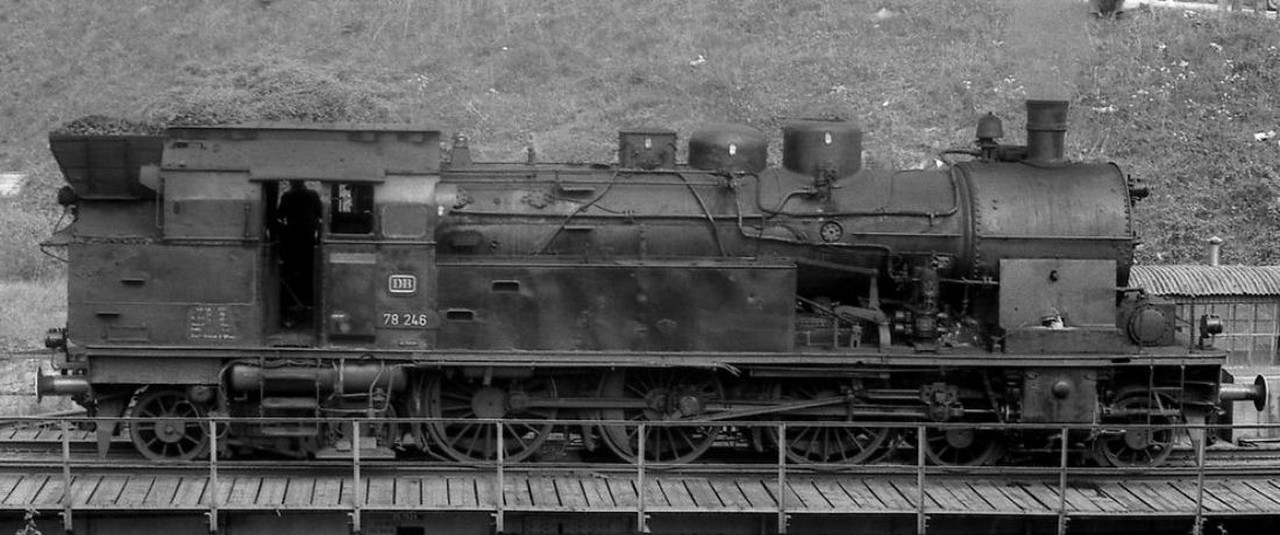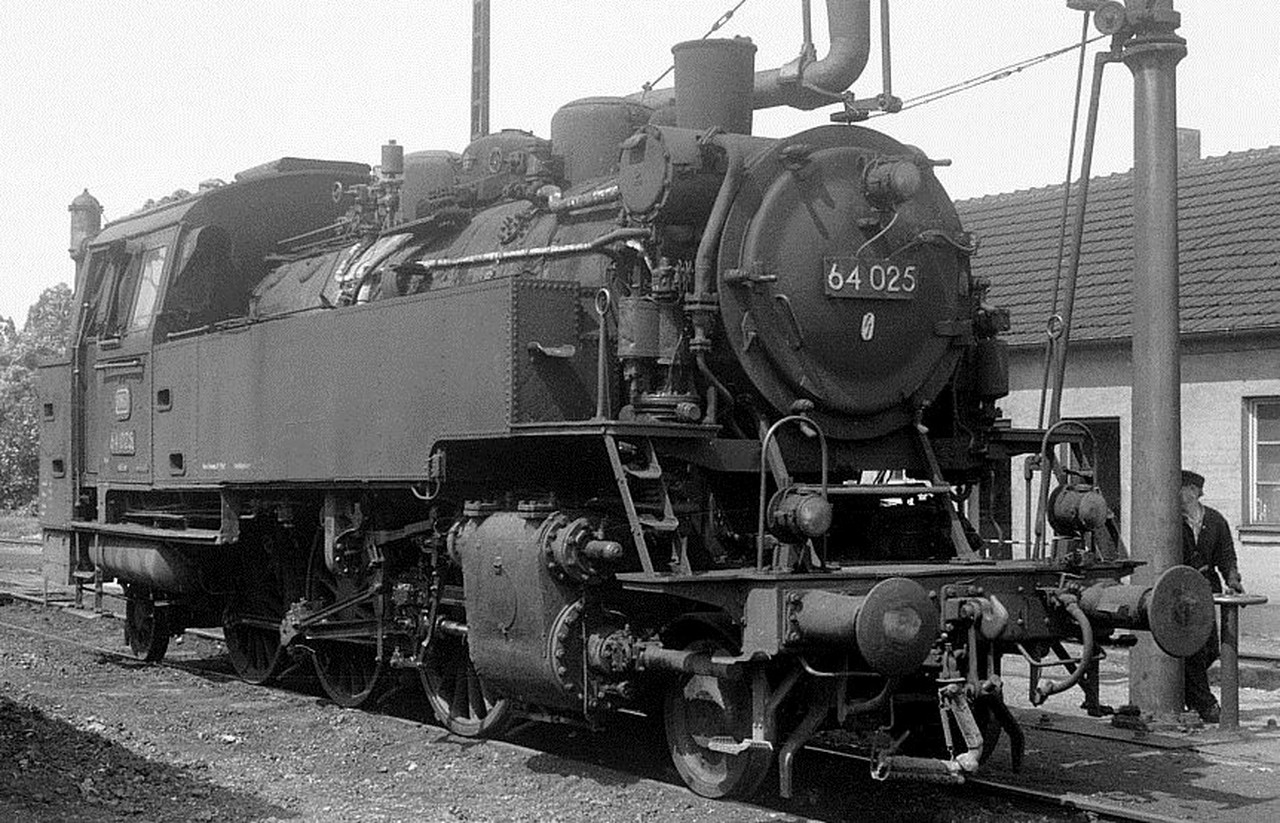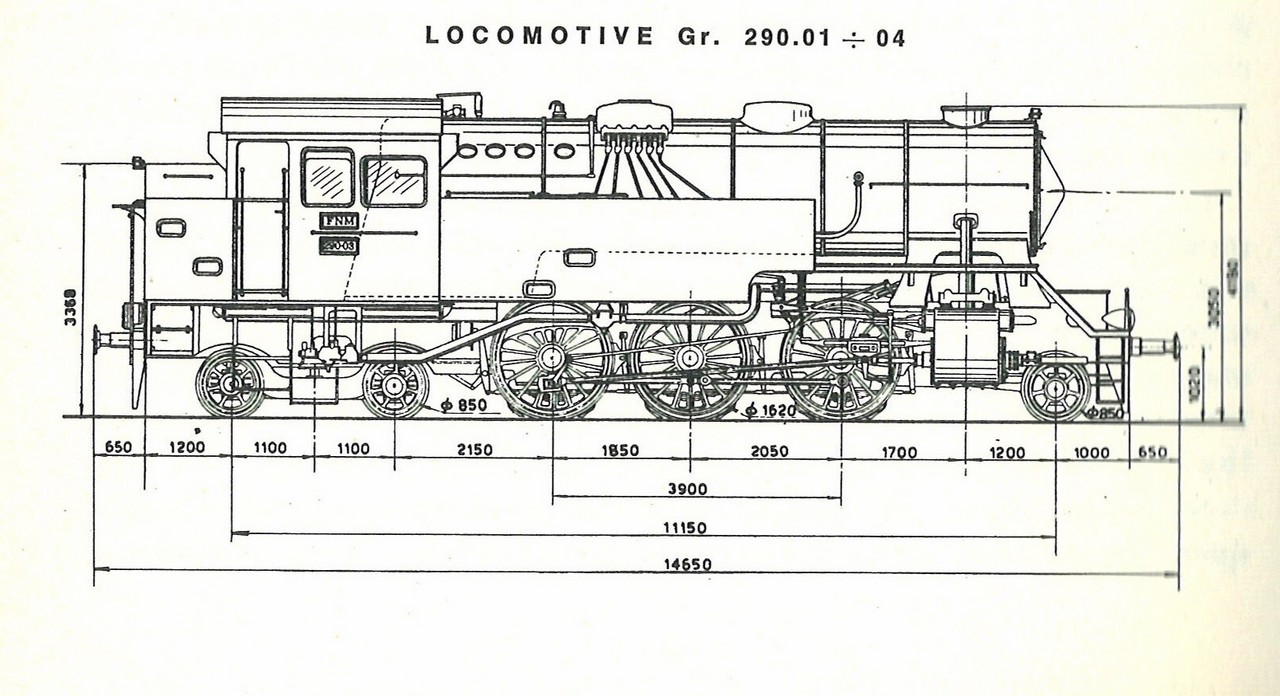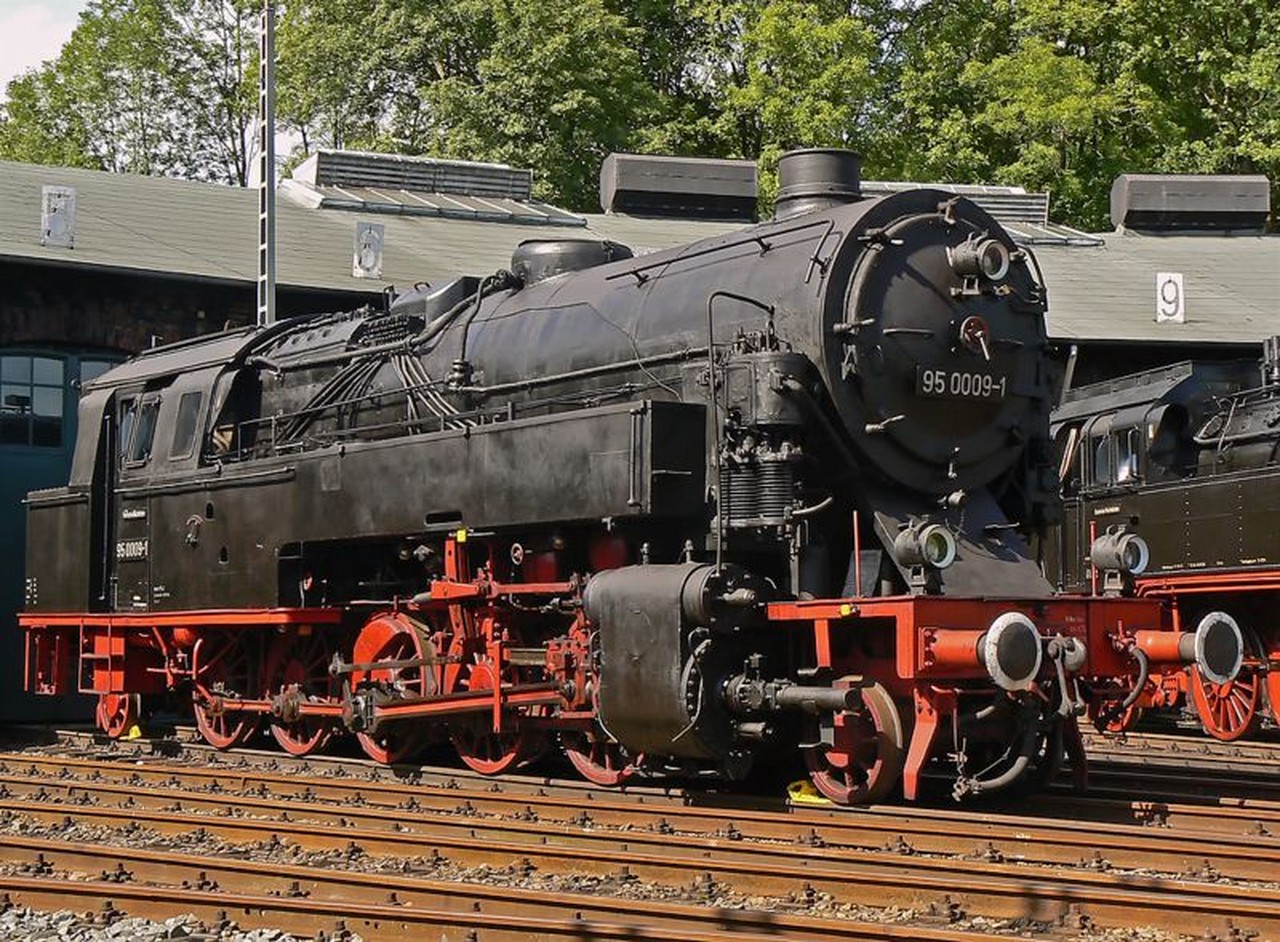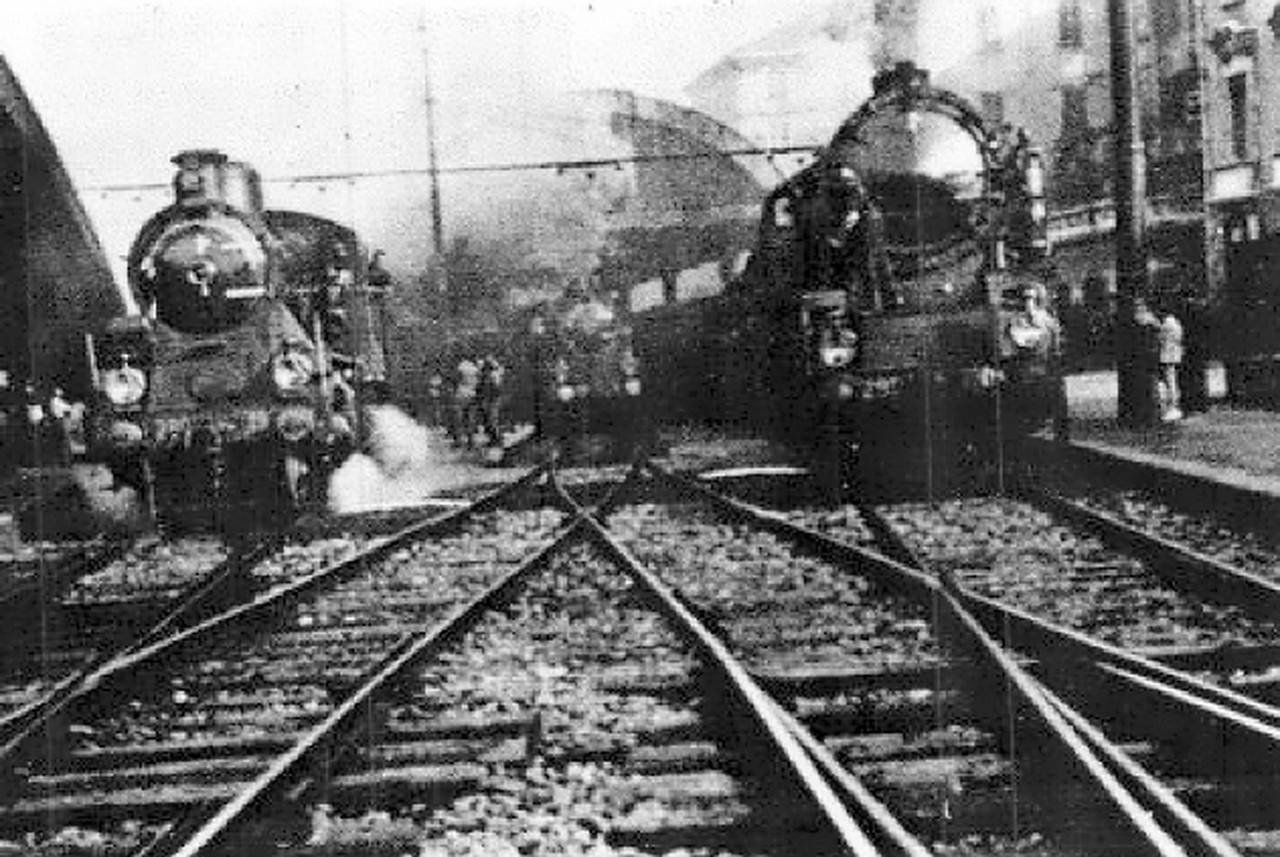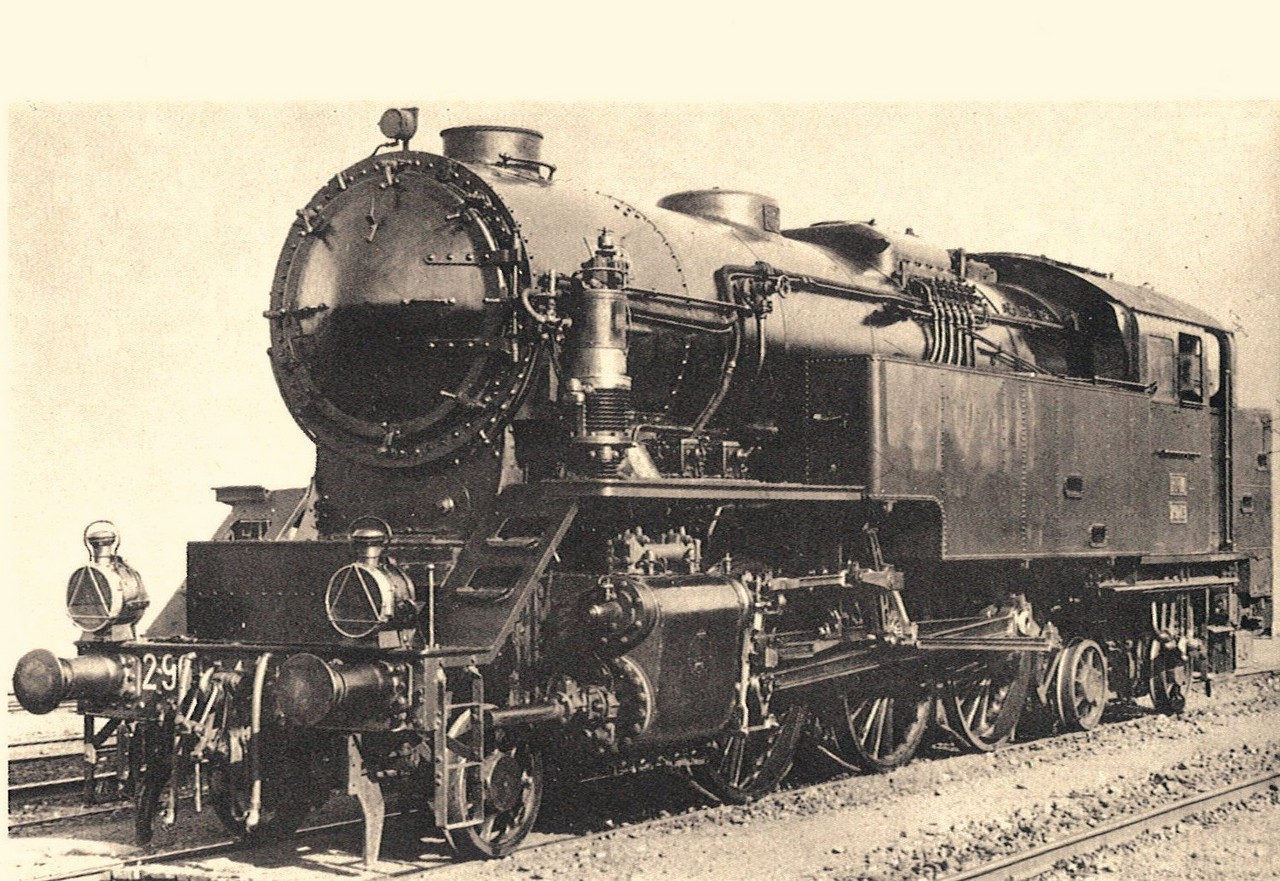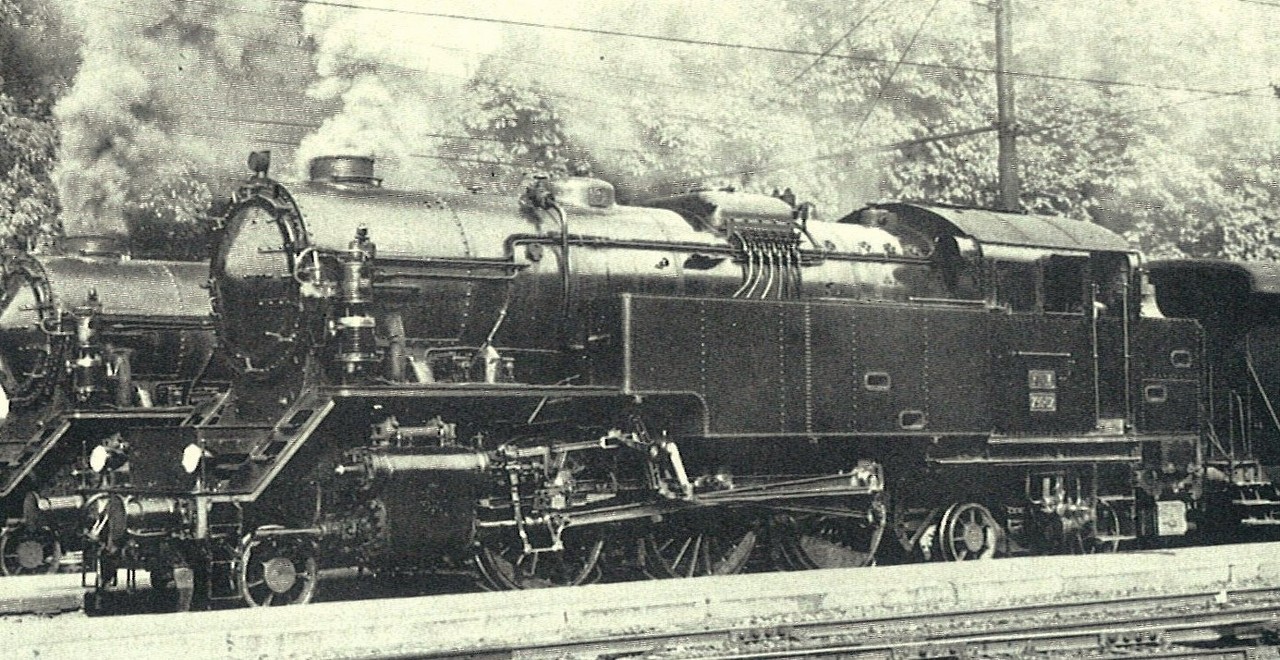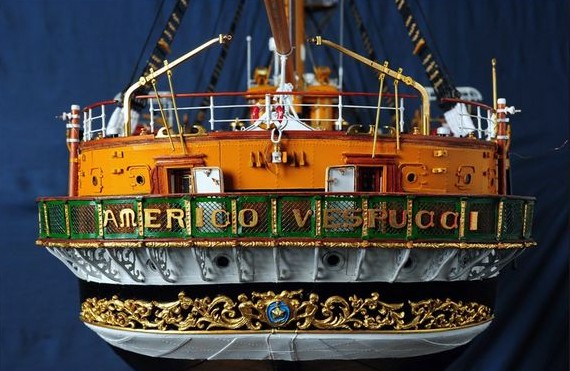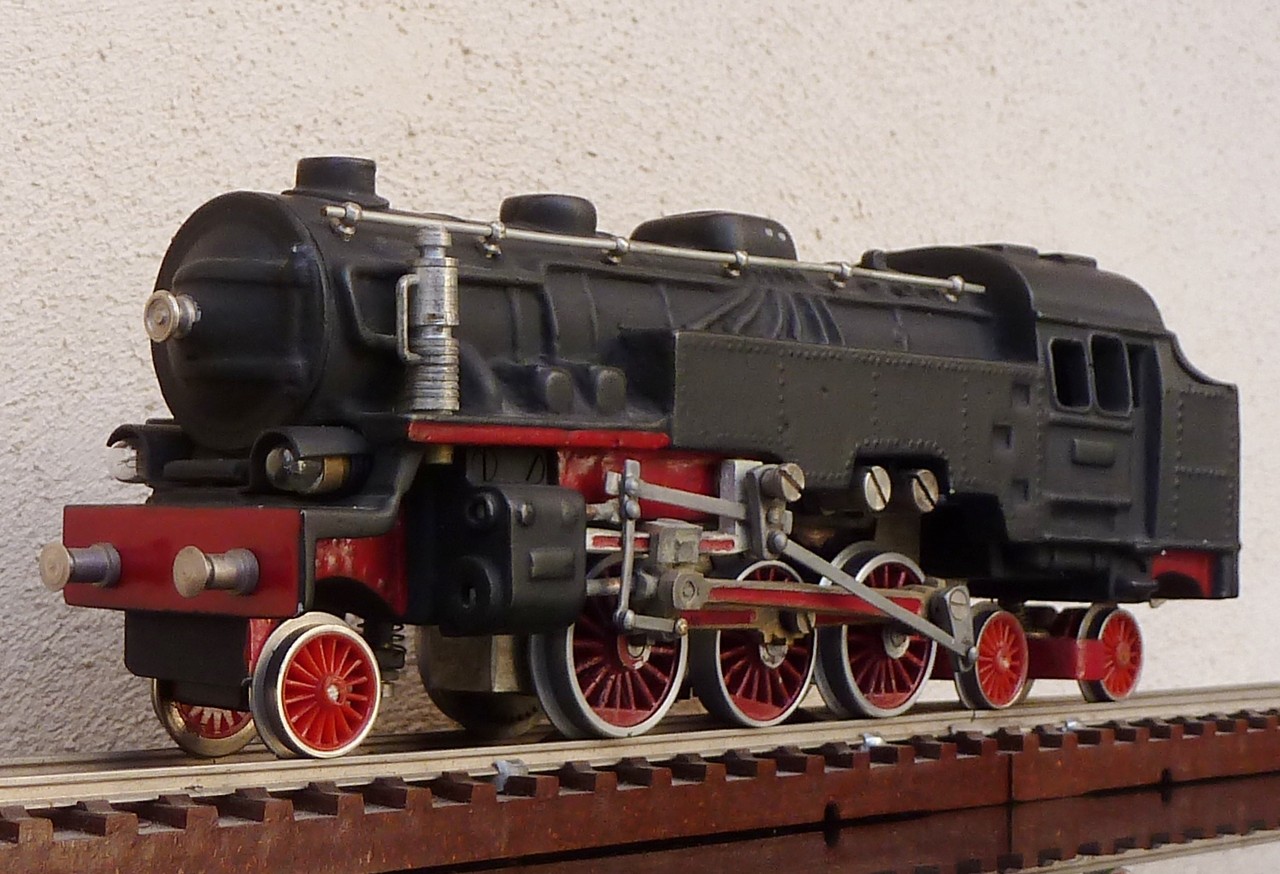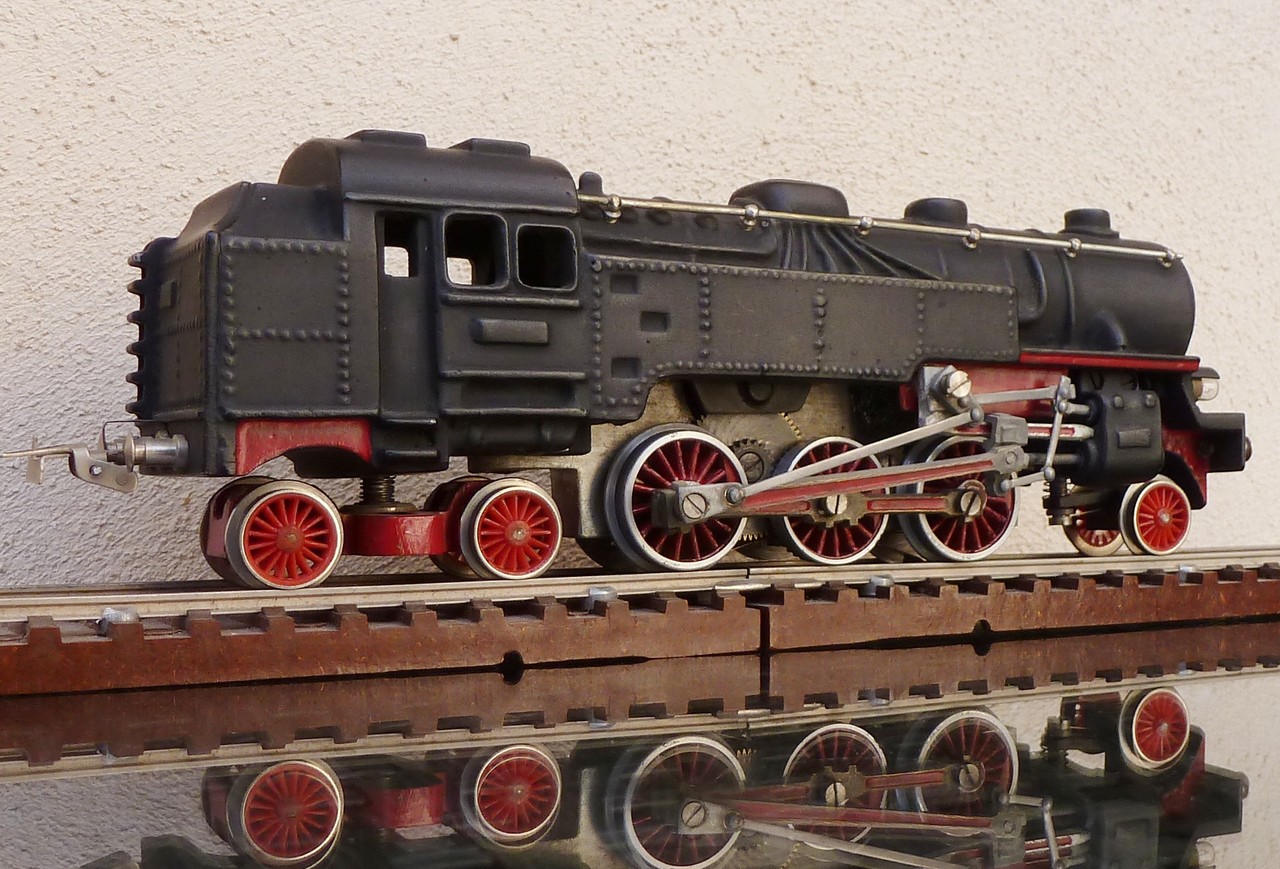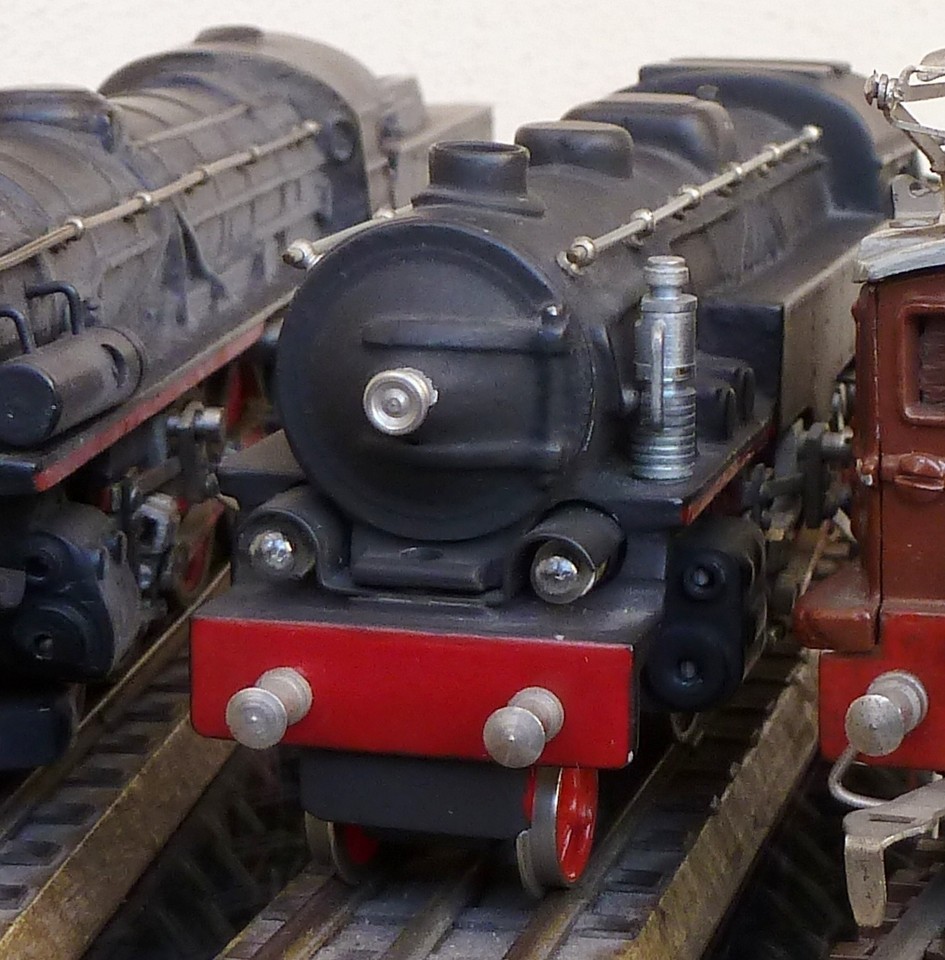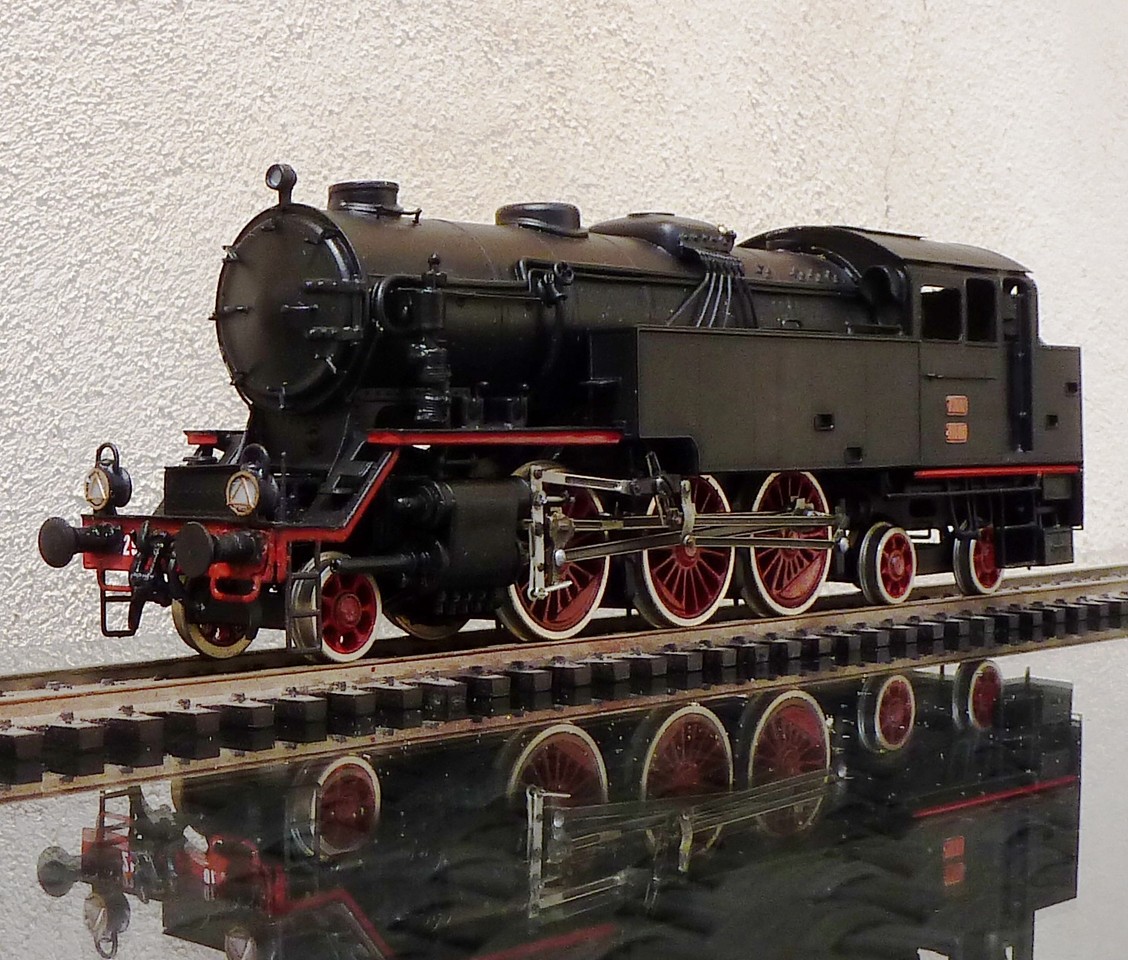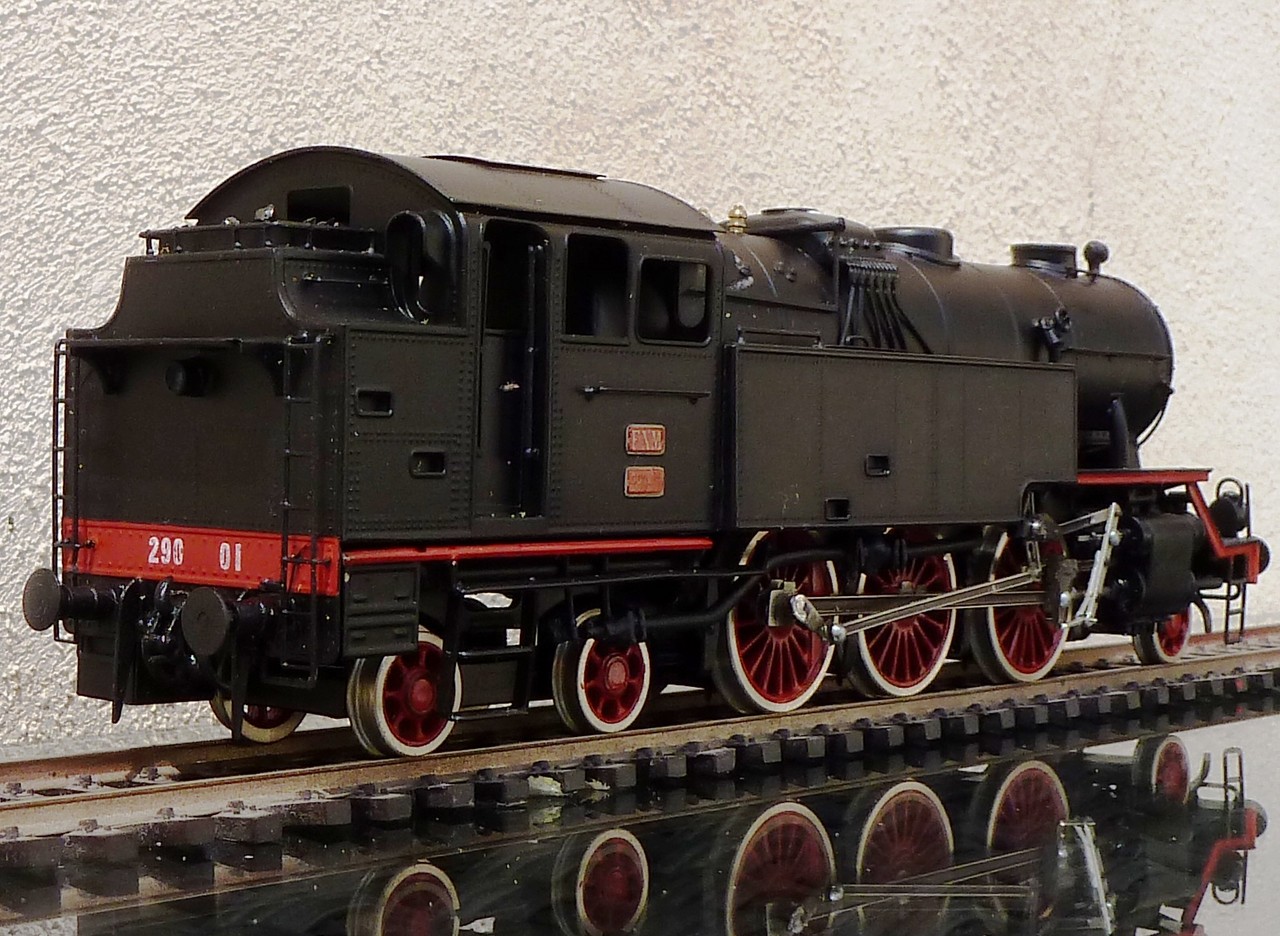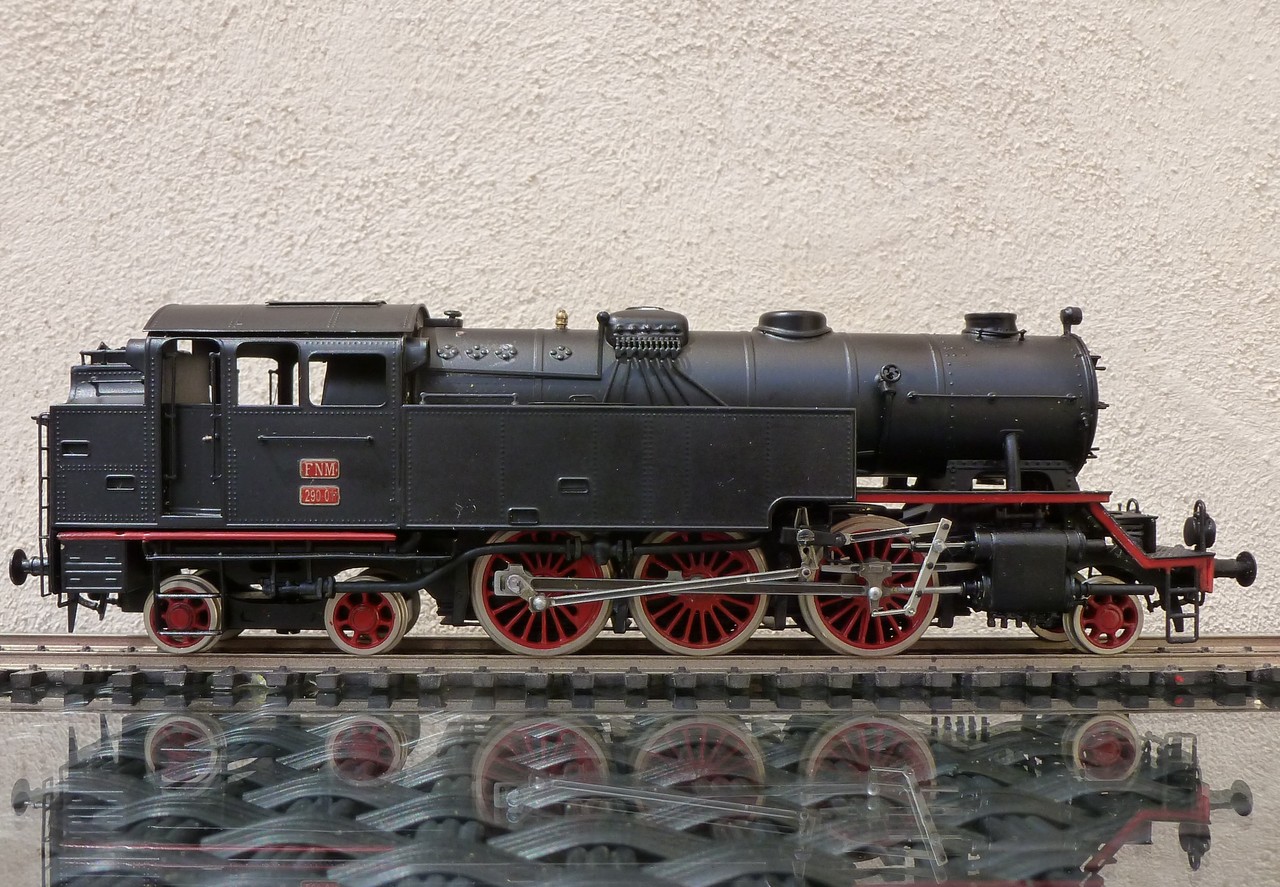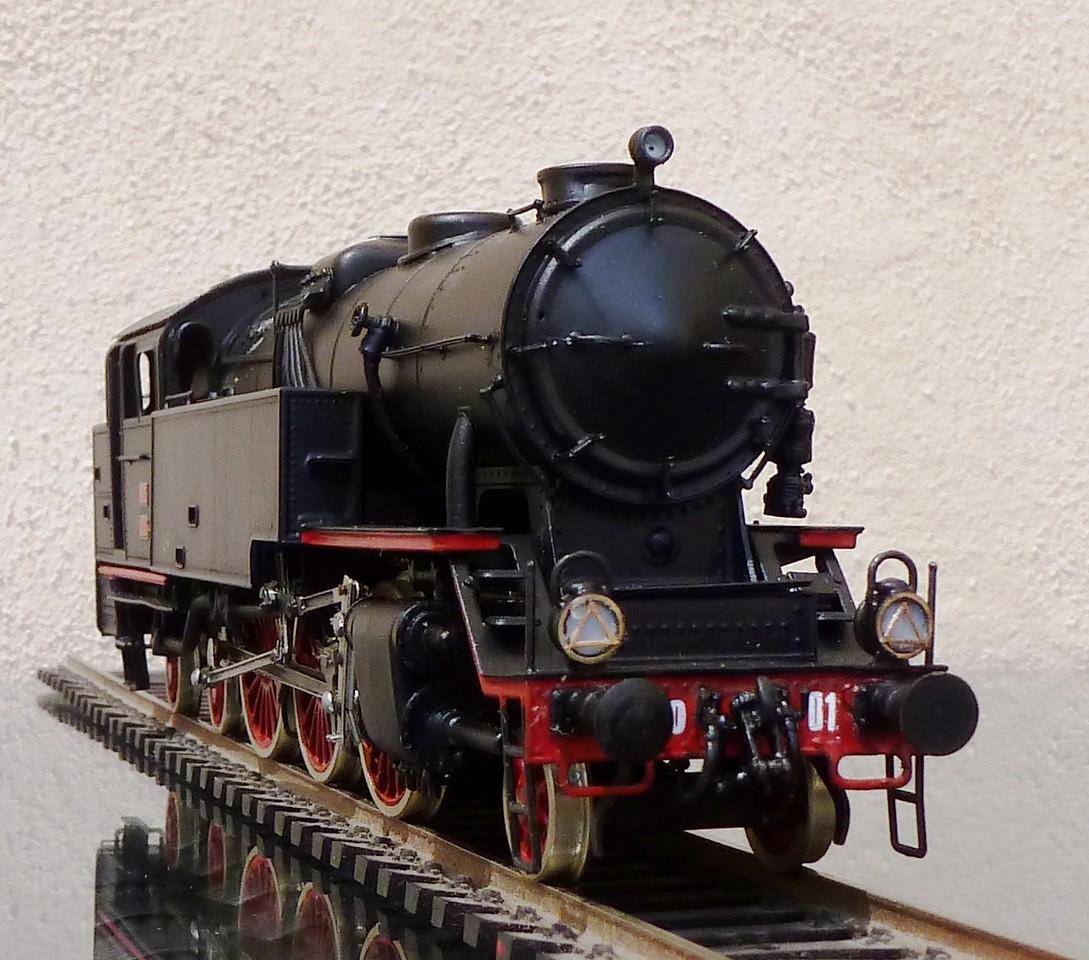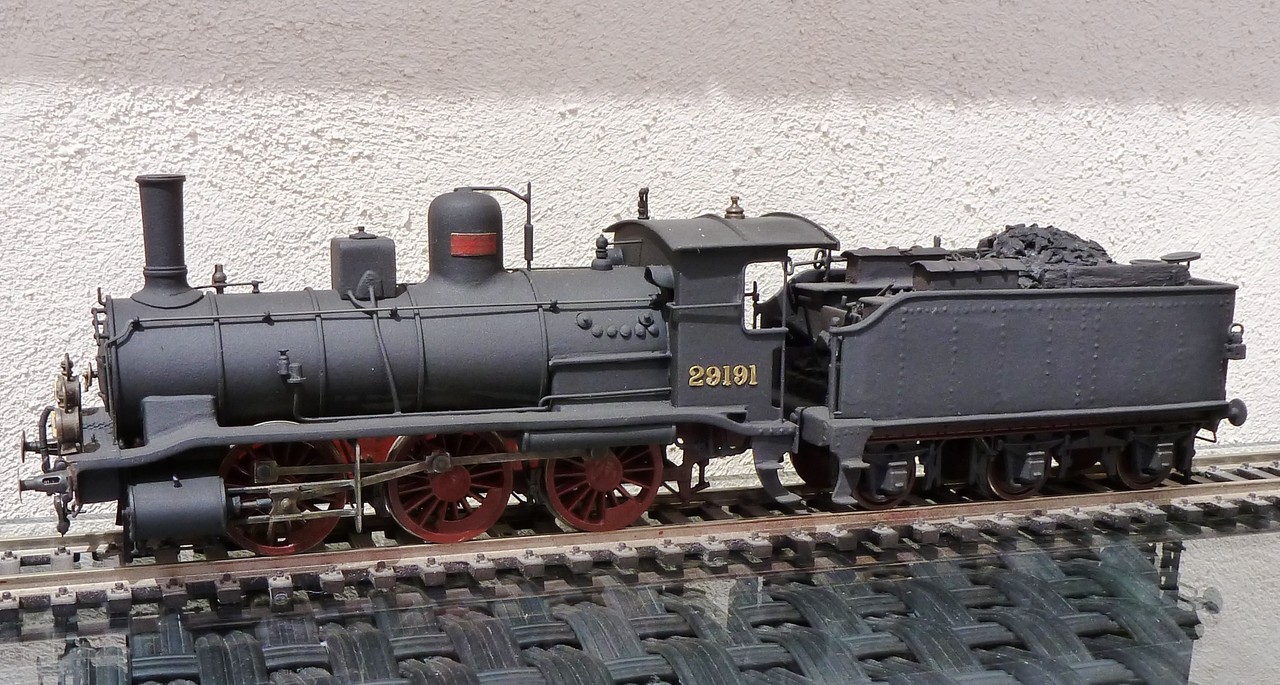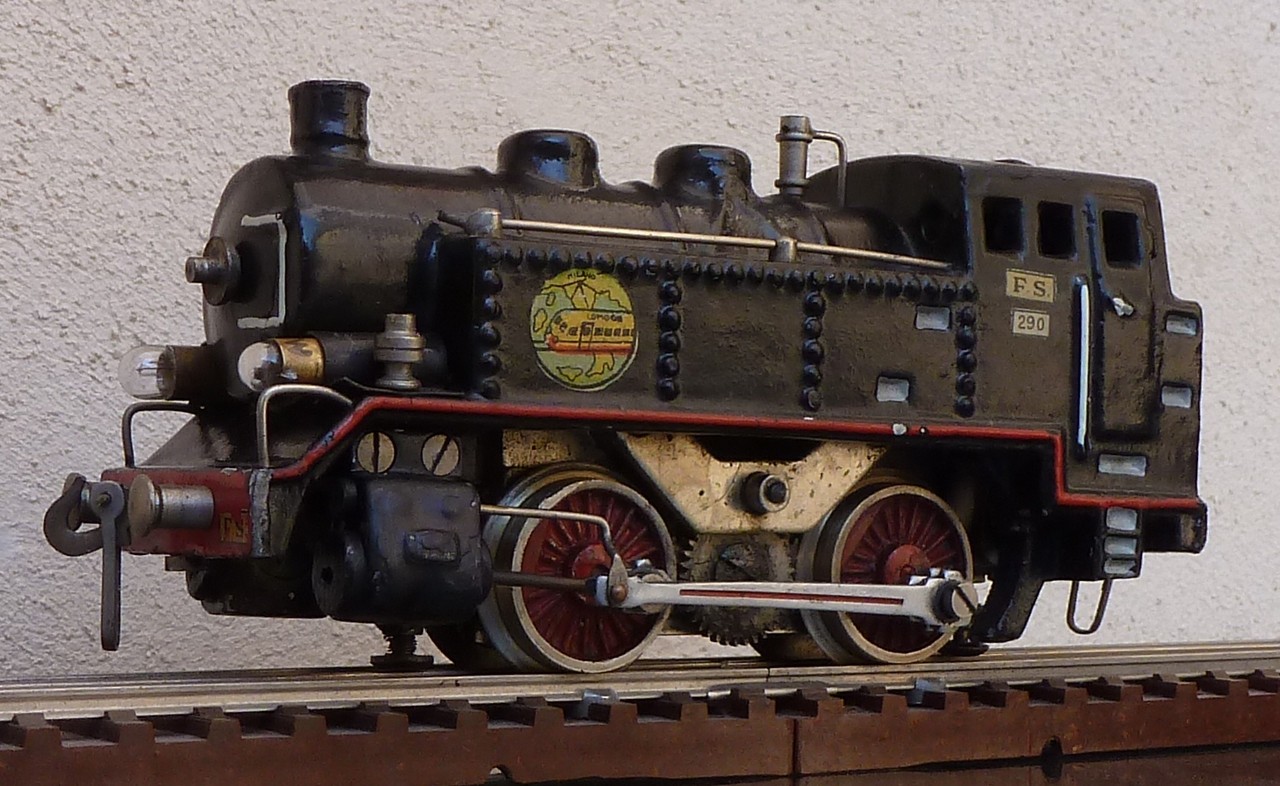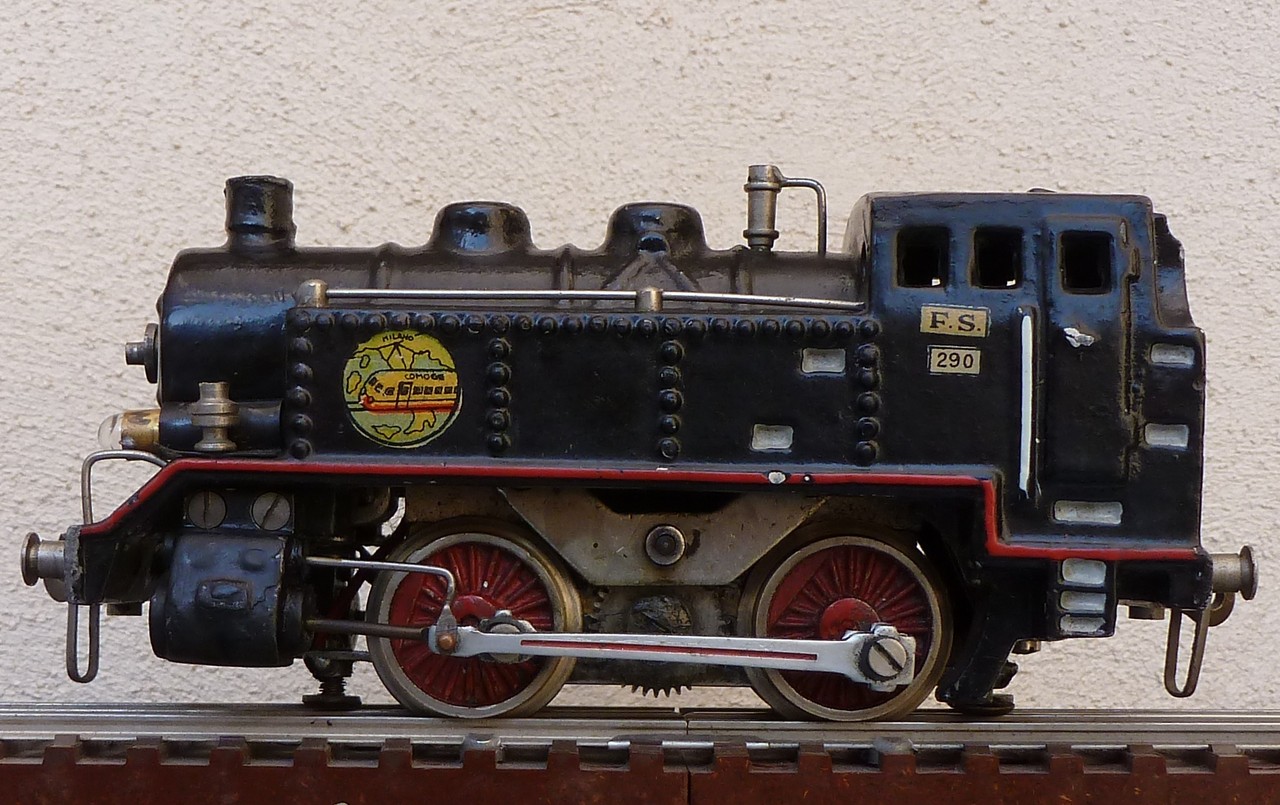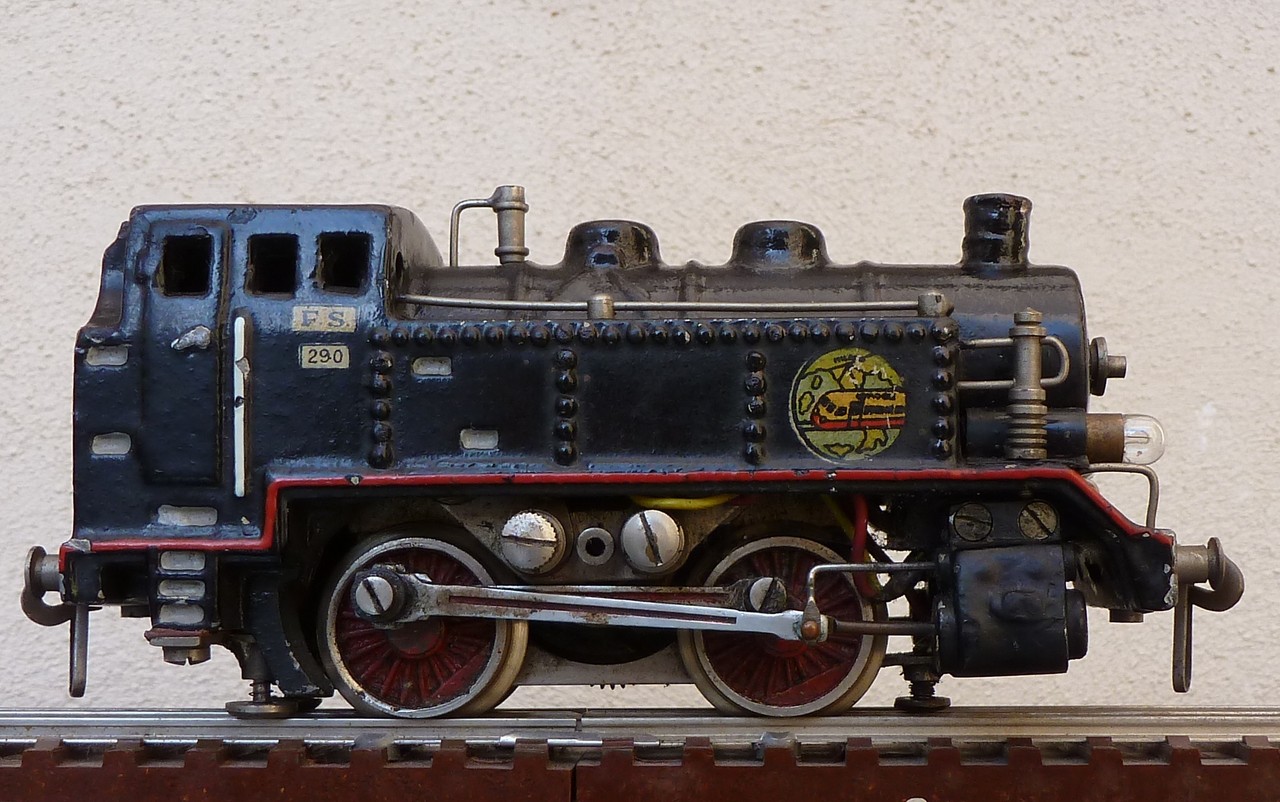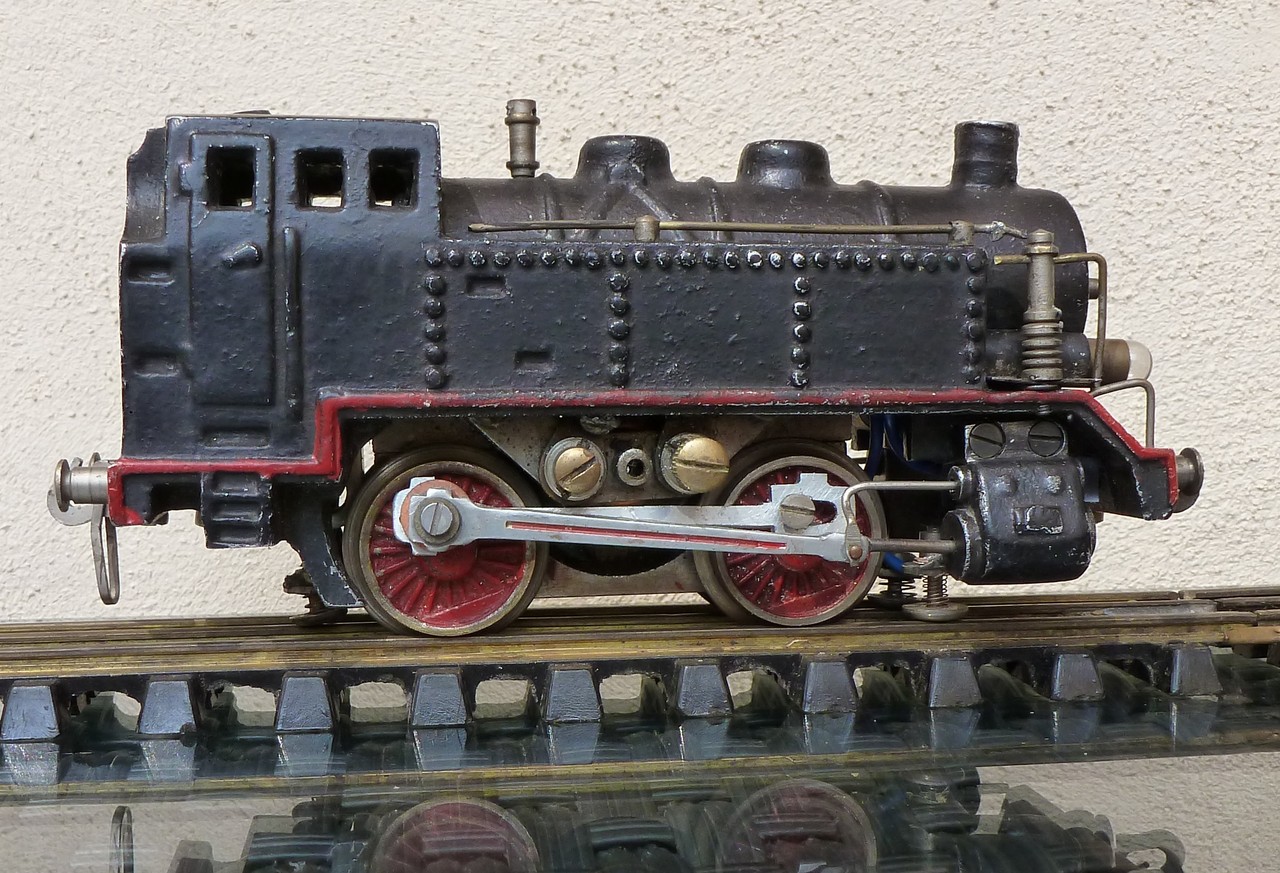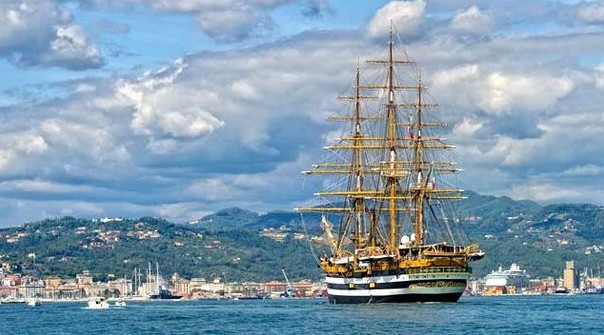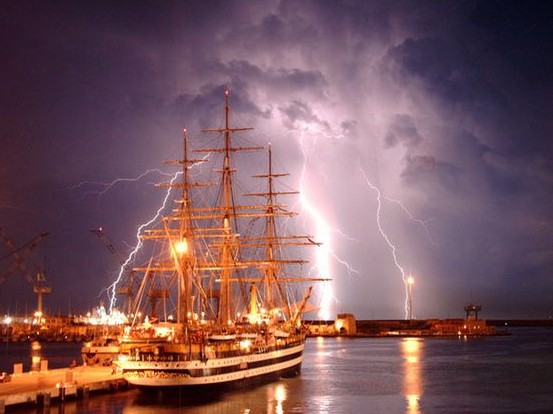Amerigo Vespucci: tribute to 290 FNM
(Written by P.G.)
In 1931 was launched the Amerigo Vespucci, still pride of the Italian navy and subject to unanimous admiration.
Last time I have seen and photographed it was in 2008, at the ‘”Armada”, the international event that brings together in Rouen, on the Seine River, the most important sailing ships of all Countries …
On that occasion it had the honor of being designated, by popular acclaim, as the most beautiful ship in the world ….
In the same year, arrived on the tracks of Lombardy the largest and most powerful Italian loco-tender, the FNM 290, which, unlike the large sailing ship, is unfortunately already disappeared from the Italian railway landscape 60 years ago.
The design of this locomotive is of Borsig in Berlin, which in the 20’s offered to the German railways, among others, two new locomotive-tender.
The first, with the 1-5-1 wheel arrangement and intended primarily for freight, is then set up the group 95 of the DR ….
The second is a locomotive with a 1-3-2 wheel arrangement, for the passenger service especially around large cities.
This project was not considered by the DR that proved to appreciate especially for this use the BR 79, former Prussian T18 ……
… to which joined then, for lighter services, the BR 64 locomotive with an axle load reduced compared to that proposed by Borsig.
The project involves, for reasons not entirely clear, the FNM that, after lengthy negotiations, prefer to buy it and to produce the new locomotives in Italy by CEMSA in four specimen.
The “relationship” between the BR 95 and 290 FNM is evident
and the second, although destined to different services, can be considered almost a younger sister of the first.
It should be noted that even for the FNM would be more judicious move towards locomotives as the BR 64, machines more flexible, lightweight and suitable for all types of equipment and armament.
In fact, the FNM 290, three-cylinder machine and double expansion, with a weight of 92.5 t in service, is allowed only on the main lines and its speed of 100 Km / h is unnecessary at the Lombard railways whose best routes are limited to 90.
Instead it is appreciated its power of 1,200 HP and its acceleration in head to heavier trains from Milan,
who, the day before holidays, involving even a bar car.
However after the war the electrification network of FNM extends and, already at the beginning of the 50s, the four 290, impossible to use the remaining lines because of the high axial load, even if their early twenties, are in short time set aside and demolished.
In HO scale there are only known two reproductions of 290 FNM: by COS.MO the late 40’s and Rocky Models about 50 years later.
We have already discussed the Locomotives COS.MO in the chapter dedicated to this brand
and we show here three unpublished images
Model Rocky Models
is handcrafted in small batches in brass, steel and nickel silver.
Faithfully respects the measurements and proportions and makes the very good image
of this locomotive silhouette typically Teutonic
Speaking of 290, also the FS had, in the reality, locomotive under that name, a 0-3-0 tender with two or three axles designed primarily to freight service.
The model shown in the photo is a unique piece, made entirely by hand in brass with the wheel and the cutter in more than 100 hours of work.
The only components found in the market are the wheels and the engine Anchoridge … Romford.
Another 290, this time of pure fantasy, is the Conti.
The first steam locomotive manufactured by this brand in 1948 with the fusion system primordial (were used at least two different molds) …
And, in my point of view, is a very nice, massive, powerful, often with an incredible number of contacts, type called mushroom and remains in production until the early 50s.
It can have a superstructure painted in glossy black ……. or, more rarely semi-gloss …..
Thus leaving aside the FS 290 and 290 freelance Conti, the rare models COS.MO and the small series of Rocky Models are the only models to pay tribute to this beautiful locomotive, unique in Italy, which has certainly not had the fame,
or known the fortune of the same age ship Amerigo Vespucci.
Click on the image below to admire the training ship of the Italian Navy
(@ April 30, 2015)


